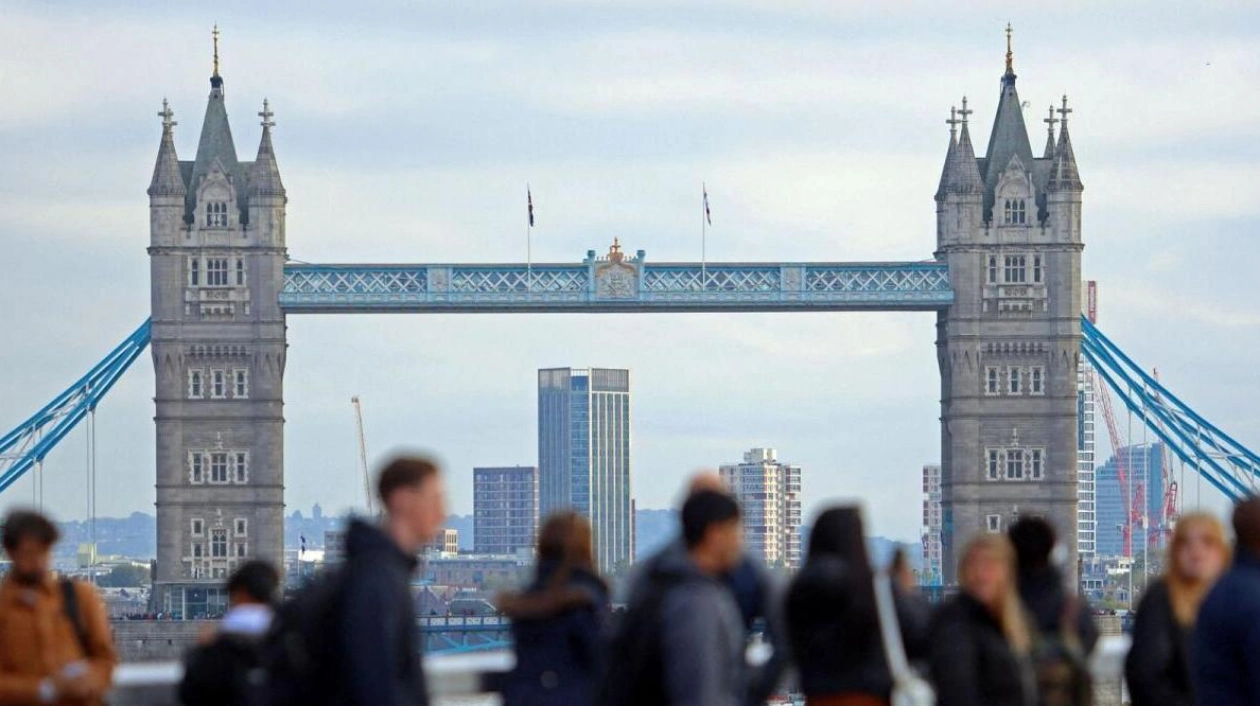Official data revealed on Monday that record immigration led to a 610,000 increase in the population of England and Wales, reaching 60.9 million in mid-2023, marking the largest annual rise in 75 years.
The 'natural' population growth, defined as the gap between births and deaths, dropped to a mere 400, the lowest since 1978, whereas net international migration surged to 622,000, up from 548,500 in the preceding year. Additionally, a net 13,800 individuals relocated from England and Wales to Scotland or Northern Ireland.
The Office for National Statistics of Britain noted that this population surge in England and Wales was the most significant since 1948, attributable to the post-WWII baby boom and the return of British military personnel from overseas.
The total population of the United Kingdom stood at 67.6 million in mid-2022, with 2023 figures yet to be released. Economic output has failed to match the population growth, with provisional data indicating a 0.7% decrease in GDP per capita in 2023 compared to the previous year.
Net migration to the UK reached a record 764,000 in 2022, declining by 10% to 685,000 in 2023, yet it remains more than double the 2015 levels, shortly before the Brexit referendum. Reducing immigration was a pivotal objective for many Britons who supported leaving the EU.
The former Conservative government aimed to decrease net immigration, and the Labour Party under Prime Minister Keir Starmer also vowed to achieve this by lessening the economy's dependence on foreign workers during the election campaign.
Post-Brexit visa reforms significantly curtailed EU migration to Britain, but new work visa regulations spurred a significant influx from India, Nigeria, and Pakistan, often to fill healthcare and social care positions. Last year, the government implemented stricter rules to prevent low-paid social care workers from bringing dependents.






